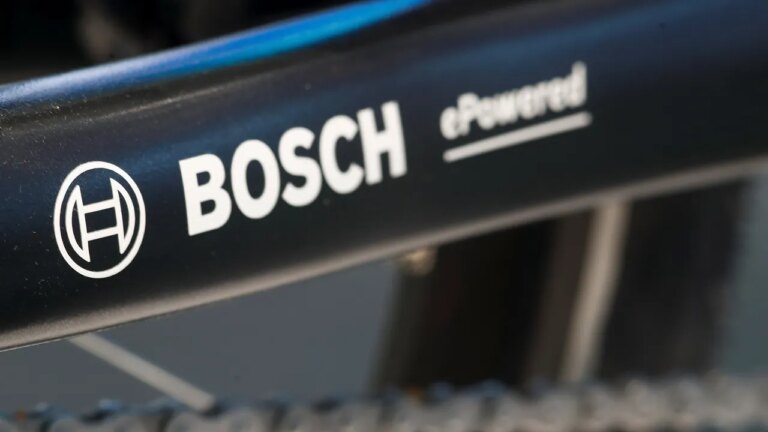Bosch Group Acquires TSI Semiconductors to Boost Electric Vehicle Technology
In a significant move, Germany’s Bosch Group announced its acquisition of California-based chip manufacturer TSI Semiconductors on Wednesday. The aim is to secure a manufacturing presence in the U.S. for silicon carbide chips crucial for extending the performance of electric vehicles (EVs).
Back in April, Bosch revealed its plan to acquire key assets from TSI’s chip production facilities and invest a substantial $1.5 billion to transform the site in Roseville, California, into a hub for silicon carbide chip production. The new company, named Robert Bosch Semiconductor LLC, is set to kick off production in 2026.
The specific financial terms of the acquisition remain undisclosed by both Bosch and TSI.
This strategic move adds the TSI facility as a vital component to Bosch’s in-house semiconductor production, alongside two existing sites in Germany. The intention behind this expansion is to solidify local influence in a key market for high-efficiency electronic solutions.
Paul Thomas, the incoming president of Americas for Bosch Mobility, highlighted the importance of this extension in semiconductor operations, emphasizing the significance of the U.S. market for advanced electronic solutions.
The investment’s success will be closely tied to opportunities for federal funding through the CHIPS act, as well as state-level subsidies, according to Bosch’s official statement.
Bosch, like many others in the automotive industry, faced significant challenges due to disruptions in semiconductor production across Asia, further amplified by the impact of the COVID-19 pandemic. Although these supply shortages have eased to some extent, they are not entirely resolved. Bosch’s automotive partners have been persistently advocating for more stable and diverse sources of chip supply.
The silicon carbide chips that Bosch plans to manufacture at the TSI Roseville site are in high demand among electric vehicle manufacturers. These advanced chips, with their silicon carbide composition, contribute to extended driving ranges and quicker recharge times for EVs.
The demand for silicon carbide semiconductor technology is steadily growing, with a robust annual growth rate of 30%, as reported by Bosch.

